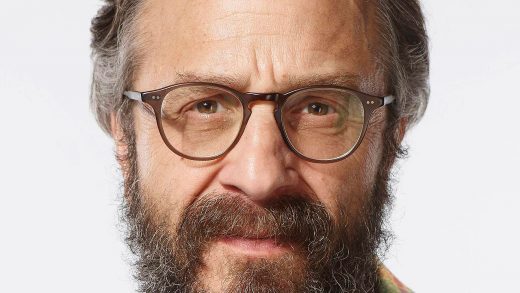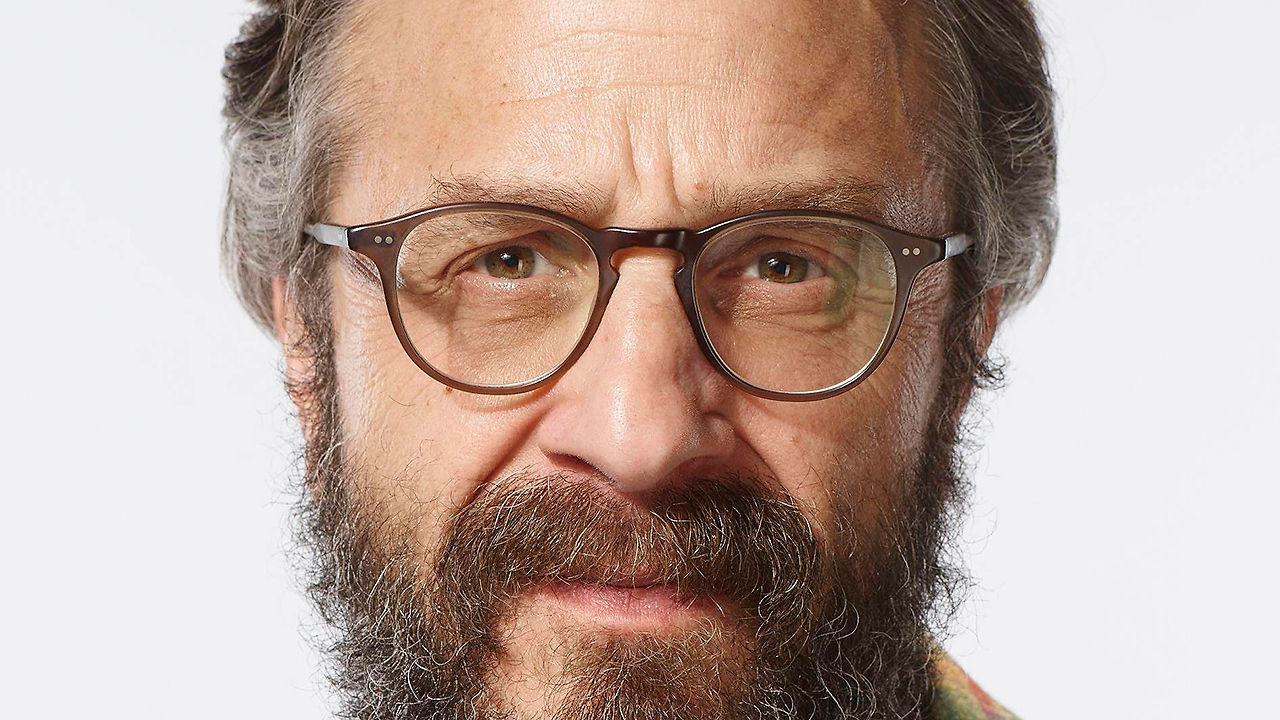Why The Worst Thing That Could Happen To Marc Maron Is Happening To “Maron”
At the start of the new season of Maron, the title character has a plan: enticing Louis CK to record a new podcast with him, to recreate an early moment of greatness. Back in the real world, Louis CK did just return to Marc Maron’s podcast, WTF, to celebrate the show’s 700th episode. The circumstances surrounding the two situations, however, illustrate how the real and fictional Marc Maron are now in wildly different places.
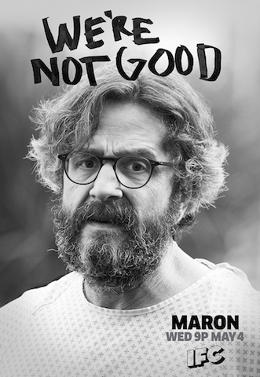
Distinguishing between the person and the character used to be much harder. The semi-autobiographical Maron centered on a dyspeptic comic named Marc Maron who hosted a steady stream of comedy greats on a podcast he recorded in his garage. Premiering in 2013, the show lagged only a few years and several degrees of prestige behind reality. The guy on TV was just starting to get to the point of requiring an assistant, whereas the real Marc Maron was touring increasingly bigger venues, recording a Netflix special, and writing a New York Times bestselling memoir. But the character and its source still had a lot of things in common back then, not the least of which was well over a decade of sobriety. By the time the fictional Maron caught up to the point of getting his own TV show last season, he ended up relapsing on back pain medication and ruining his shot. The current season catches up with Maron a year later, with the character fully leaning into drug addiction and vagrancy, and deludedly hoping a Louis CK interview can fix everything. For the first time ever, Maron has veered way off the course of its creator’s timeline—into a chaotic alternate reality—and it’s the boldest creative leap in the series’ run yet.
“It’s exploring the worst possible outcome,” Maron says. “Somebody like me who’s got 16 years sober, I’ve seen guys go out after 20 years, and it’s horrendous, and this is usually how it happens. They get some medicine and they’re off to the races. Making this season is a safe way for me to explore the horror of that possibility and do it comedically.”
After spending years establishing the world of the show by drawing almost directly from Maron’s personal life, the creator was worried about it becoming redundant. Instead of giving his namesake a successful TV talk show, he and the writers sent the character’s world up in flames last year with a cringifying season finale. It was a spectacular swan dive intended to maybe serve as the last episode ever. Instead of walking off into the sunset, the character more or less flung himself into the actual sun. Not a happy ending, but a potential ending nonetheless.
But then the series got renewed for a fourth season.
“I was a little bit discouraged and sort of oddly disappointed that we got picked up, in a way,” Maron says. “I didn’t know if I had another season in me, the way that we were doing the show. It seemed like it would be fine with me if they did cancel it and that would be the end.”
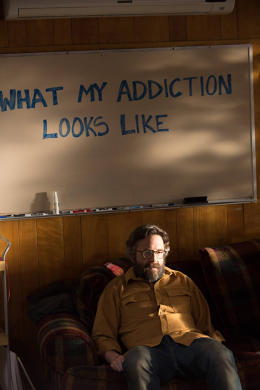
When the show did get renewed, though, the looming question was: Where do we go from here? Maron and the writers had to figure out what to do with their off-the-wagon protagonist. Should they just diminish the crisis as a bump in the road, and put him back in the world they’d established? Find the path of least resistance to the character continuing the podcast from his garage and dating badly? The breakthrough came when Maron realized that they could instead simply plow, full speed ahead, in the other direction.
“It was a eureka moment,” Maron says. “I was just driving my car when it hit me: It would be amazing if we did another season as if I’d spent the last year strung out and losing everything, and then we have to move through a seasonal arc of the different phases of re-entering life. And I knew right then, this has got to be the way we do this.”
Metafictional relapses are currently enjoying a tiny renaissance in episodic television. Rob Delaney’s character in the show, Catastrophe, breaks the sobriety he shares with his maker toward the end of the second season. Will Arnett’s Netflix show, Flaked, is about a recovering alcoholic who can’t quite keep it together, and it too draws from Arnett’s own reality. But Marc Maron’s fictional relapse is different. The other two characters don’t share a name and profession with their creators. This particular downward trajectory provides a window into a world where the actual Marc Maron ends up hitting rock bottom. This world turns out to offer darkly comic possibilities, such as a rehab facilitator trying to get an in-patient Maron to be a guest on his podcast.
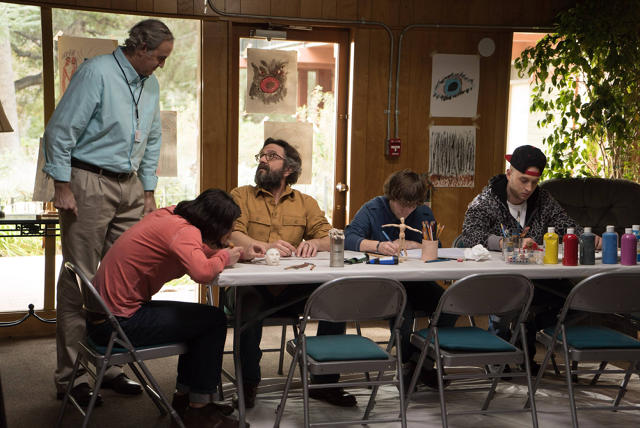
The writing staff and the executives at IFC quickly got on board with the direction of the new season, and the ideas began unfurling from Maron’s brain. The recovery process is something he is intimately familiar with, but he was also able to draw on the experiences of some of the show’s writers, including Dave Anthony, who also co-stars as himself, and Jerry Stahl, whose own drug history has been thoroughly documented. Maron and the team worked at a feverish pace to break stories and get the entire season’s run of scripts finished before shooting started, so that the star’s writing and acting roles wouldn’t overlap. Miraculously, they succeeded.
“It was a completely new experience,” Maron says. “This season not being hinged to the actual story of my life really enabled us to build from scratch in a lot of ways. And it was also exciting to realize that we had defined these characters enough that we could take them into a manufactured world and still have the depth of emotion that we had drawing from my real life.”
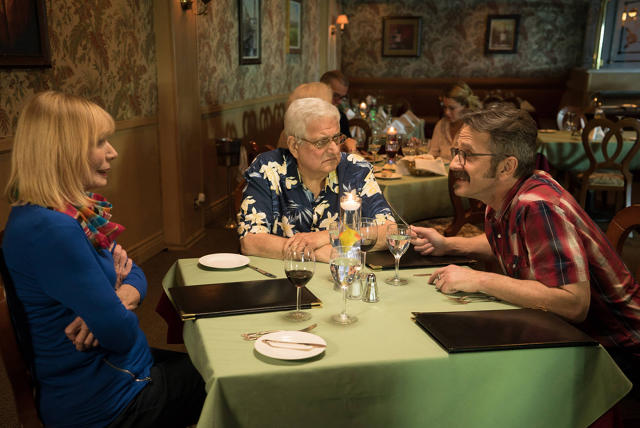
With the new season premiering May 4 on IFC, some movie roles banked, a fresh stand-up special out, and still riding high off of 2015 podcast interviews with President Obama and personal white whale Lorne Michaels, the real Marc Maron could hardly diverge further away from his current TV counterpart. He acknowledges, however, that it was only a matter of timing, and of doing work on himself, that prevented him from succumbing to the pressures of success. The relapse that tanked faux-Maron’s career? Having experienced firsthand the fear that comes from making a TV show with your name on it, only Maron knows just how realistic it is.
“Had I gotten the opportunity to make a TV show even a decade ago,” he says, “God knows what would have happened.”
Fast Company , Read Full Story
(51)

